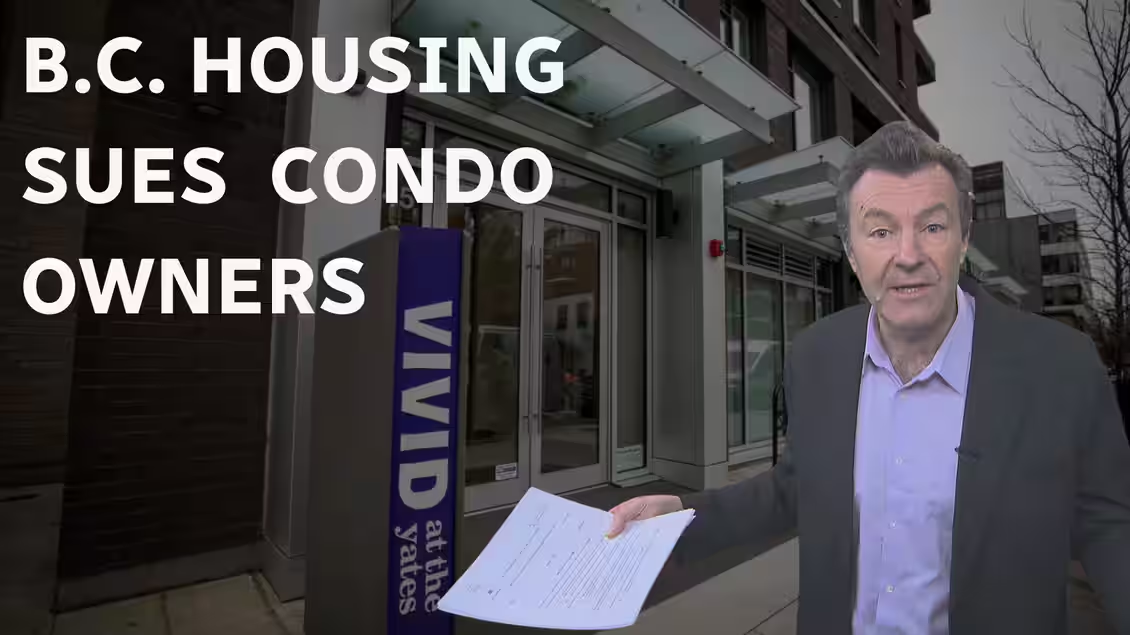
Jason Proctor from CBC is delving into a string of legal actions initiated by the housing agency. They claim that condominium units in Victoria, intended to aid first-time homeowners, were instead bought by individuals who already possessed property. Some of these buyers reportedly owned multiple homes valued at millions of dollars.
Victoria's Vivid condominium development once hailed as a beacon of hope for affordable housing, now faces startling allegations. Initially funded by a $53-million low-interest loan from the province, Vivid was envisioned to offer below-market homes for middle-income families.
However, recent court documents obtained by CBC suggest a darker reality. It's alleged that numerous condos within the project were sold to individuals who already owned multiple properties, contradicting agreements meant to ensure affordability. B.C. Housing, in a series of civil claims, accuses several buyers, including a realtor, of exploiting the system for personal gain. These claims have sent shockwaves through the community, challenging the integrity of the affordable housing initiative.
Vivid was presented as a 'pilot project' to tackle the pressing issue of housing affordability. B.C. Housing administered the Affordable Home Ownership Program, aiming to provide opportunities for those otherwise unable to own a home. The project received substantial backing from the government, including a significant loan to the developer, Chard Developments. It was expected that these funds would translate into discounted prices for qualified buyers, making homeownership attainable for middle-income families. However, the allegations now cast doubt on the effectiveness and sincerity of the initiative.
To qualify for a unit at Vivid, buyers had to meet certain criteria, including citizenship or permanent residency status and limitations on property ownership and household income. Additionally, they were obligated to make the purchased unit their primary residence for a specified period. Yet, according to court documents, at least 13 buyers failed to fulfill these requirements, raising questions about oversight and accountability.
The lawsuits reveal a spectrum of alleged misconduct, ranging from failure to occupy the purchased units to engaging in rental activities prohibited by the agreements. Some buyers, it's claimed, even possessed substantial property portfolios elsewhere, contrary to program eligibility rules. Among those implicated is a real estate agent accused of profiting from facilitating these transactions.
The repercussions of these allegations extend beyond legal matters. B.C. Housing seeks not only to reclaim the units but also to recoup rental income and impose punitive damages. The gravity of the situation underscores the critical need for affordable housing initiatives and the importance of ensuring their integrity and effectiveness.
As the legal battle unfolds, key players named in the suits have responded, denying wrongdoing or citing misunderstandings. Yet, these responses only add layers to the complex narrative surrounding Vivid and its purported mission to address housing affordability.
In the absence of further comments from involved parties, the community is left grappling with the unsettling revelations. The outcome of this legal saga will undoubtedly shape perceptions of affordable housing initiatives and raise crucial questions about their implementation and oversight.















